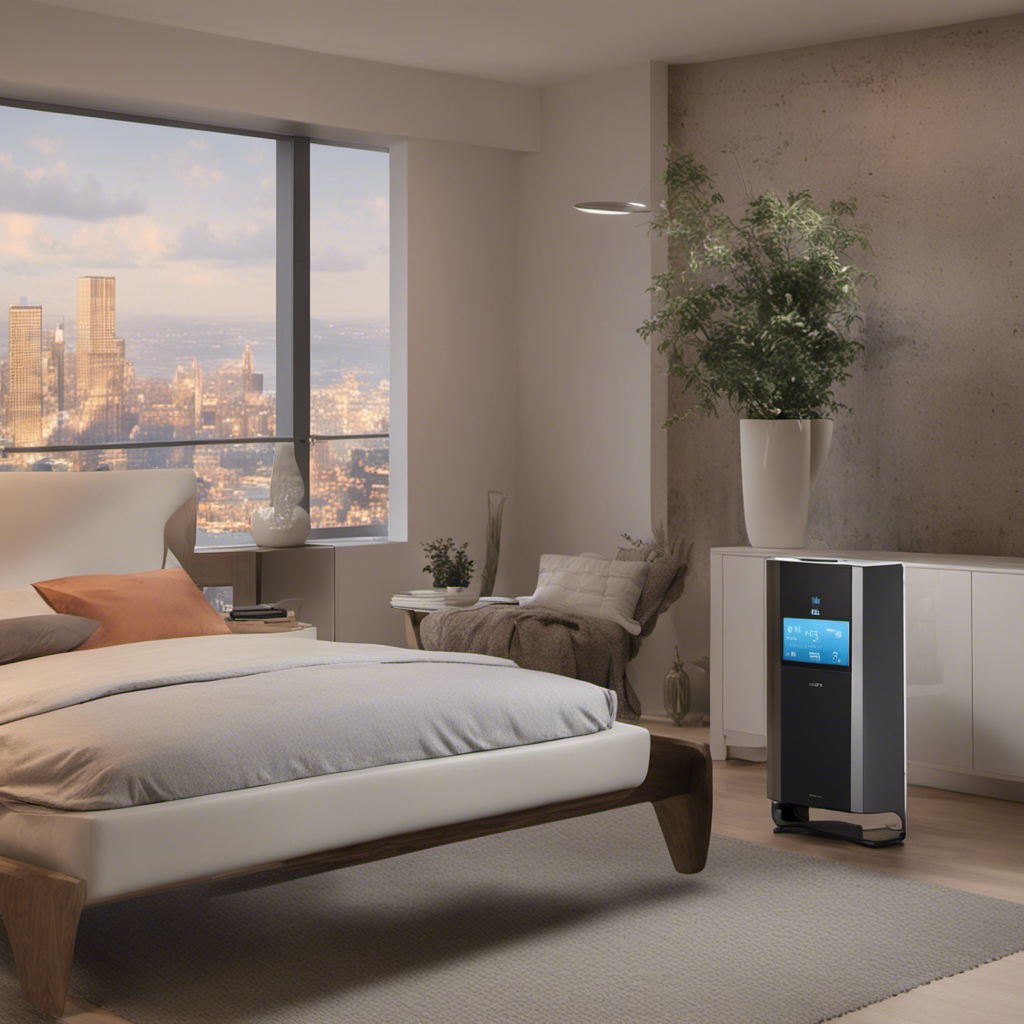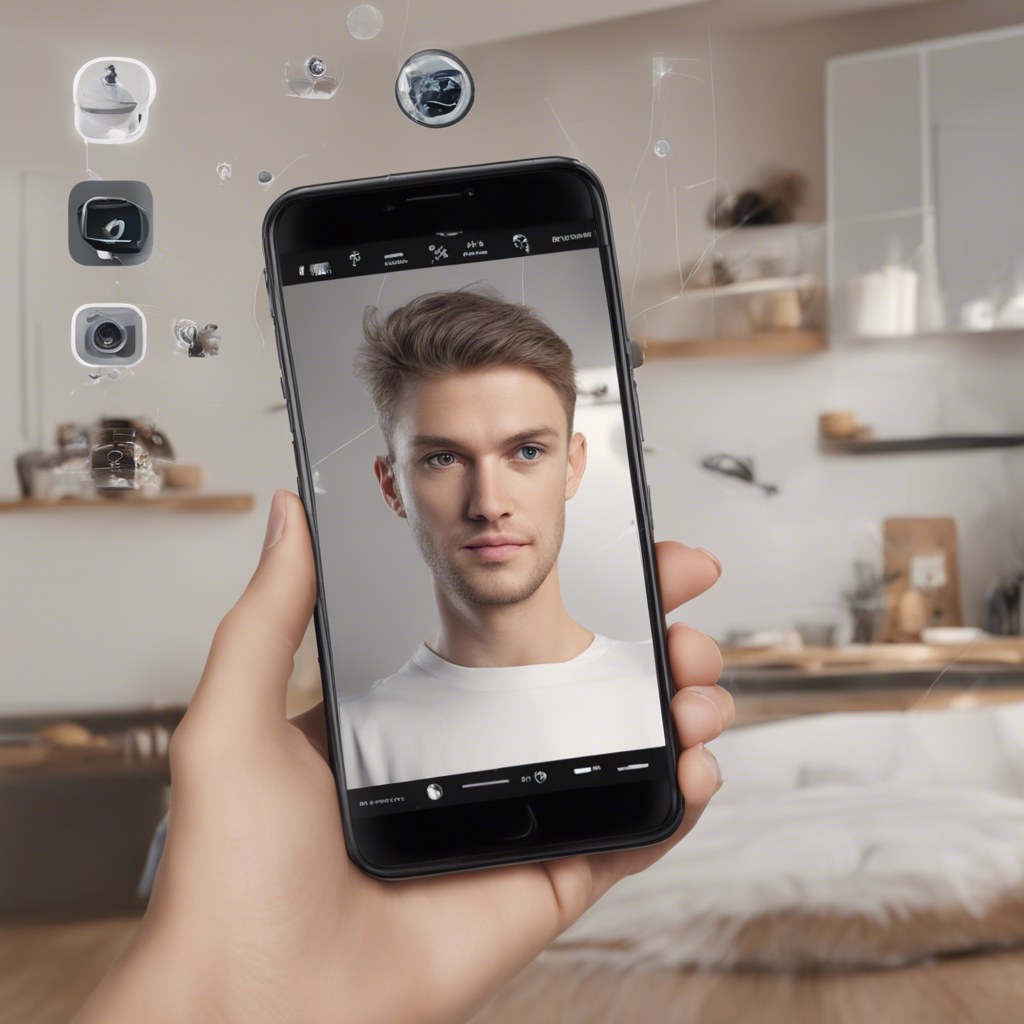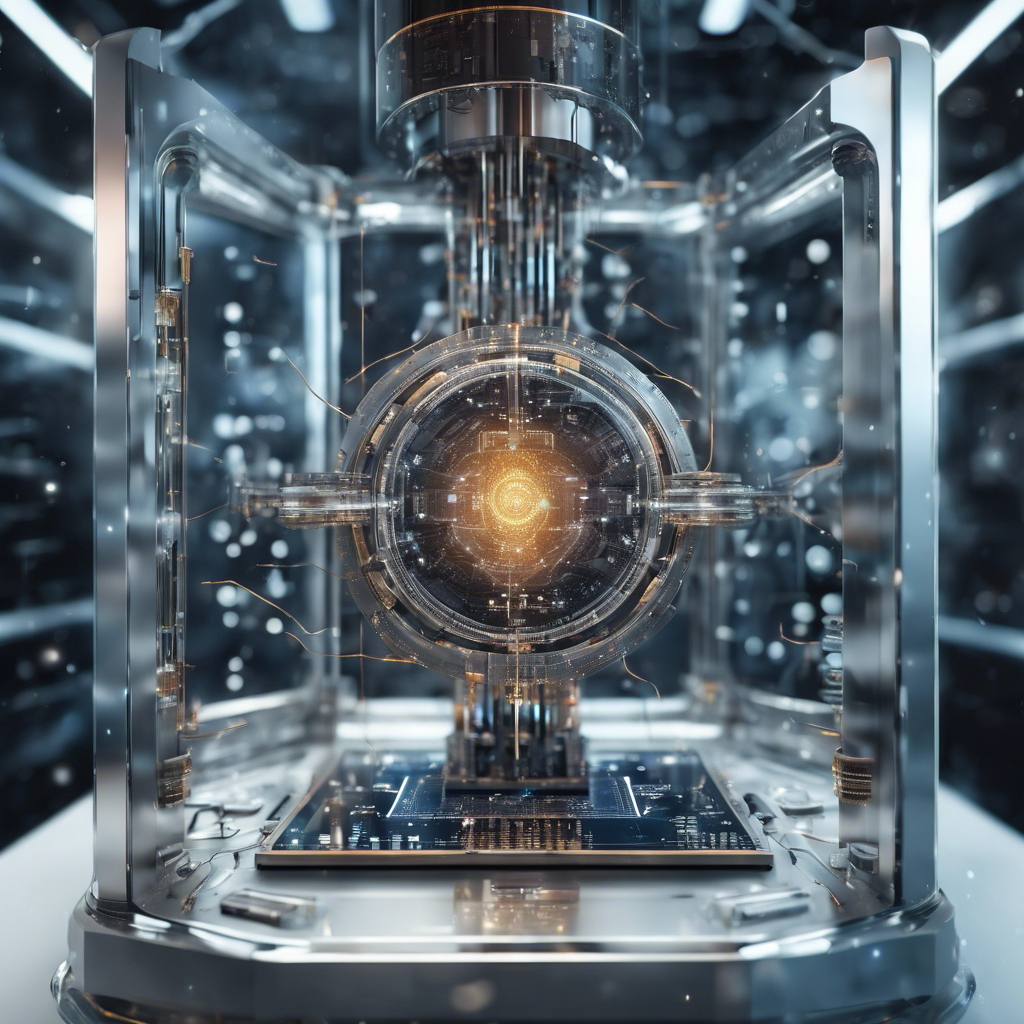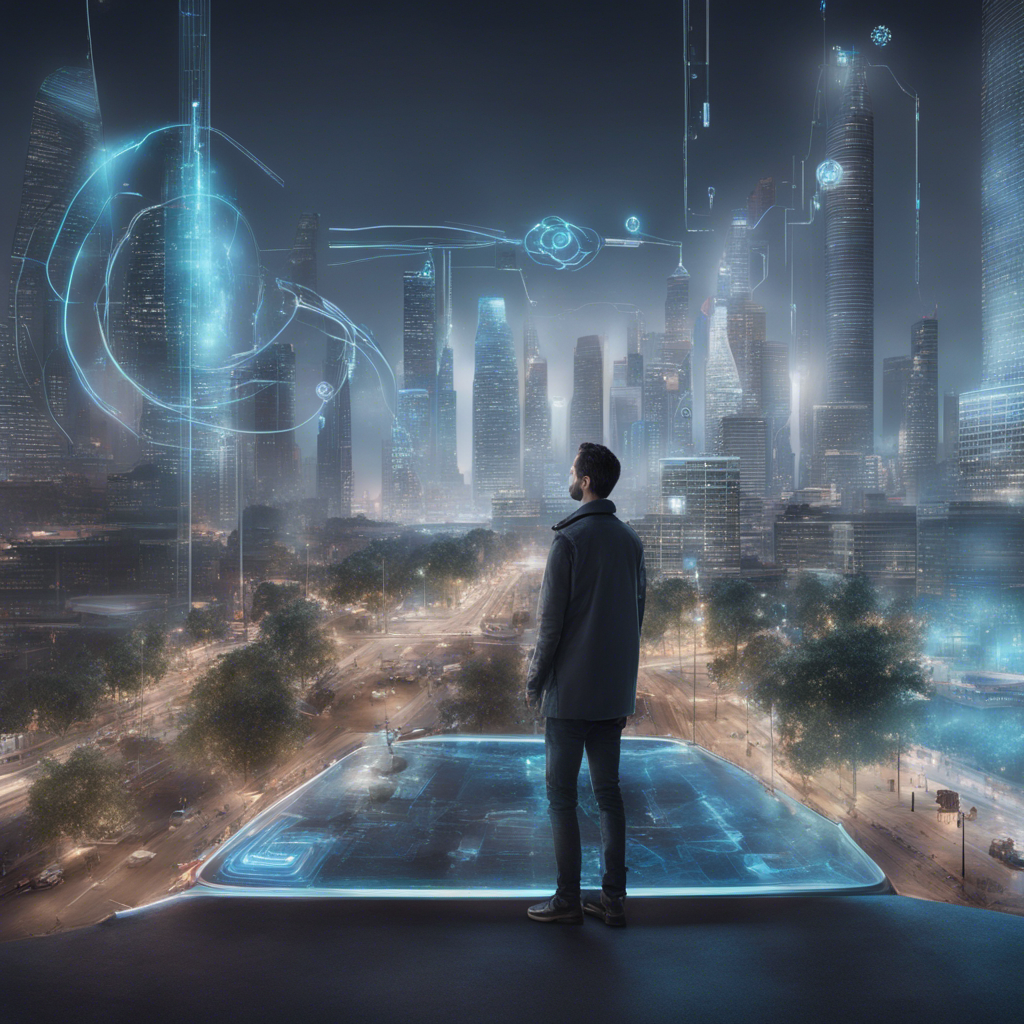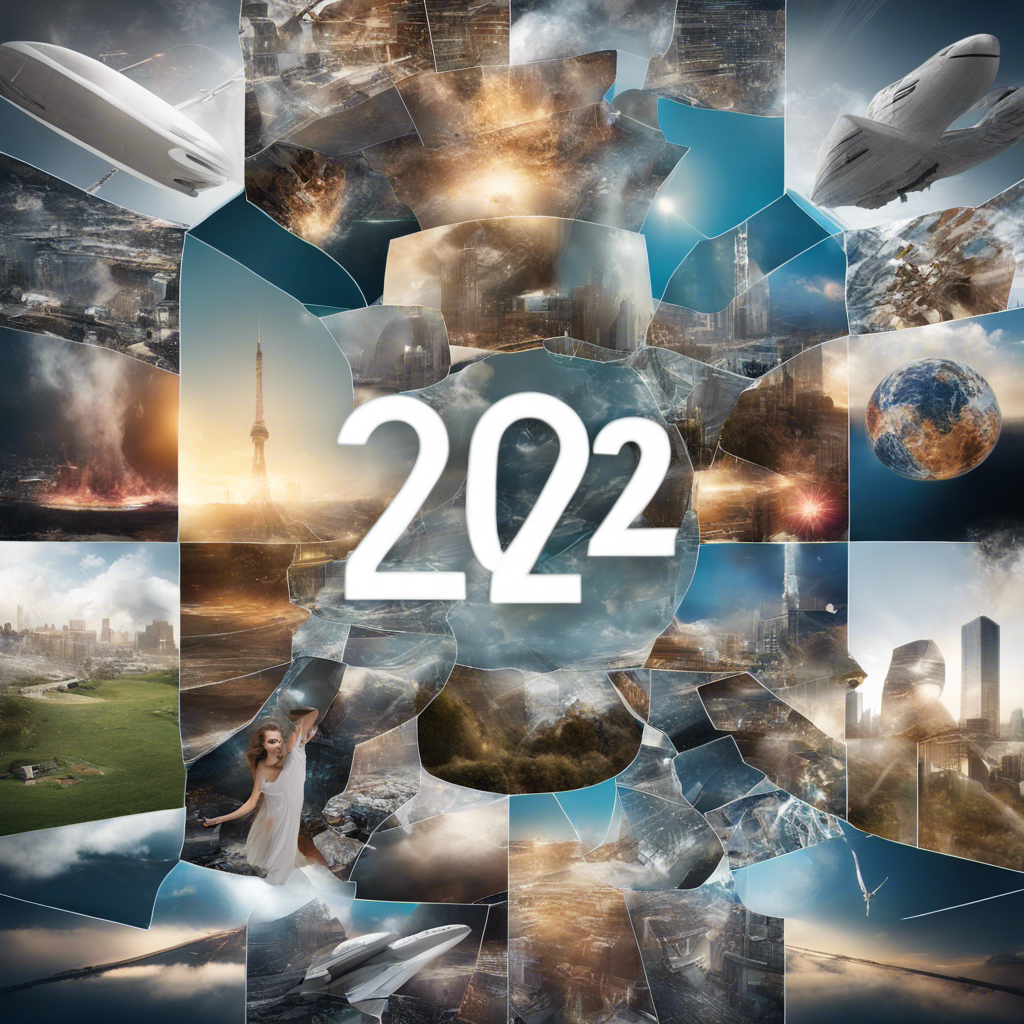
The Internet of Things (IoT) has revolutionized the way we live, work, and interact with technology. With its ability to connect everyday objects to the internet, IoT has opened up a world of possibilities and transformed various industries. In this blog post, we will explore the significance of IoT, how it connects everything, and the impact it has on our lives.
Understanding the Internet of Things
The Internet of Things refers to a network of physical devices, vehicles, appliances, and other objects embedded with sensors, software, and internet connectivity. These connected devices can collect and exchange data, allowing them to interact with each other and perform tasks autonomously. IoT encompasses a vast range of applications, from smart homes and cities to wearable devices and industrial automation.
The Power of Connectivity
The key aspect of IoT is connectivity. By enabling devices to communicate with each other, IoT amplifies their capabilities and enhances efficiency. Devices can share data, collaborate, and make autonomous decisions based on predefined rules or machine learning algorithms.
For instance, in a smart home environment, IoT devices such as smart thermostats, lighting systems, and security cameras can communicate with each other to optimize energy usage, enhance security, and create a seamless living experience. Similarly, in an industrial setting, IoT ensures operational efficiency by interconnecting machinery, monitoring performance, and enabling predictive maintenance.
Impact on Industries
The impact of IoT can be seen across various industries, transforming the way businesses function and offering new opportunities for growth and innovation. Let’s take a closer look at some sectors that have greatly benefited from IoT:
-
Healthcare: IoT has revolutionized the healthcare industry, allowing for remote patient monitoring, personalized medicine, and improved operational efficiency. Wearable devices can continuously monitor vital signs and alert medical professionals in case of emergencies. IoT-enabled medication management systems ensure that patients take their prescribed medications timely.
-
Transportation: IoT has made transportation smarter, safer, and more efficient. Connected vehicles can communicate with each other, traffic lights, and infrastructure to optimize routes, reduce congestion, and prevent accidents. IoT sensors on public transportation enable real-time tracking and ensure timely arrivals.
-
Manufacturing: IoT has given rise to Industry 4.0, where interconnected sensors, machinery, and systems in manufacturing facilities enable seamless data sharing, predictive maintenance, and increased productivity. Connected supply chains provide real-time visibility and efficient inventory management.
-
Smart Cities: IoT has transformed urban spaces into smart cities, improving infrastructure, resource management, and public services. Connected streetlights can adjust brightness based on ambient conditions, optimizing energy consumption. Waste management systems can optimize garbage collection routes. Smart parking systems simplify finding available parking spots, reducing traffic congestion.
These are just a few examples of how IoT is revolutionizing industries and connecting everything.
Challenges and Security Concerns
While IoT opens up a world of opportunities, it also comes with its own set of challenges and security concerns. With billions of devices interconnected, ensuring data privacy, network security, and reliable connectivity becomes essential. As more devices are brought online, the potential for cyberattacks and data breaches increases. However, with ongoing advancements in IoT security protocols and industry-wide initiatives in place, these concerns are being addressed and mitigated.
Looking Ahead
The future of IoT looks promising, with advancements in connectivity, data analytics, and machine learning pushing the boundaries of what’s possible. As more devices become intelligent and interconnected, the potential for creating efficient, sustainable, and interconnected ecosystems is immense. IoT will continue to transform industries, improve lives, and pave the way for a smarter and more connected world.
In conclusion, the Internet of Things (IoT) is revolutionizing our lives by connecting everything. Its ability to enable devices to communicate with one another opens up a world of opportunities in various industries. Whether it’s healthcare, transportation, manufacturing, or building smarter cities, the impact of IoT is profound. However, as with any technological advancement, challenges and security concerns need to be addressed to ensure a safe and reliable IoT ecosystem. As we look ahead, the future of IoT holds great promise for creating a more interconnected and smarter world.
References:
- Cisco. (2023). The Internet of Things (IoT)
- McKinsey & Company. (2023). The Internet of Things: Sizing up the Opportunity
- Forbes. (2023). 6 Key Industries Being Transformed by IoT
Note:
This blog post does not accept comments. If you have any questions or feedback, please feel free to reach out to us via email or our contact page.


